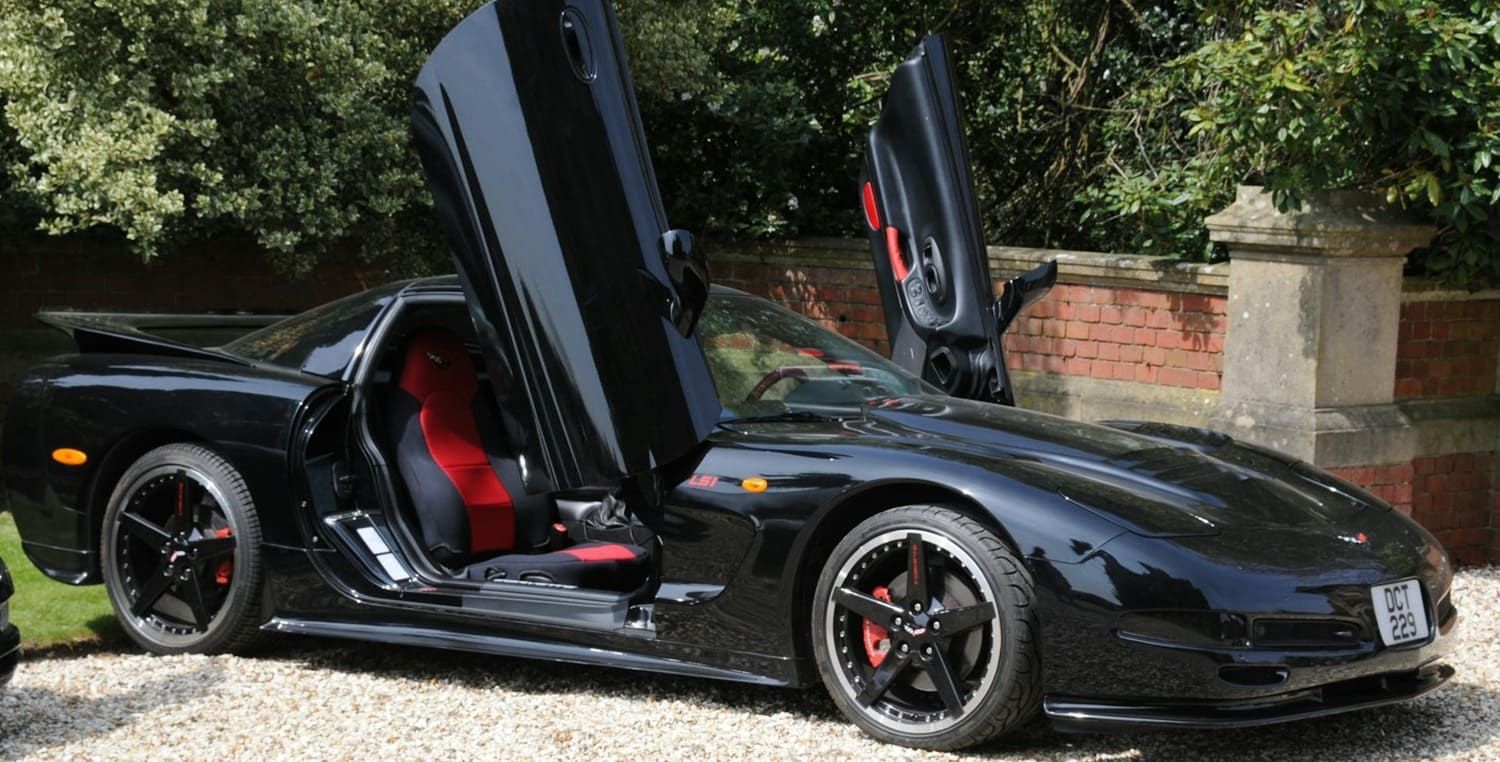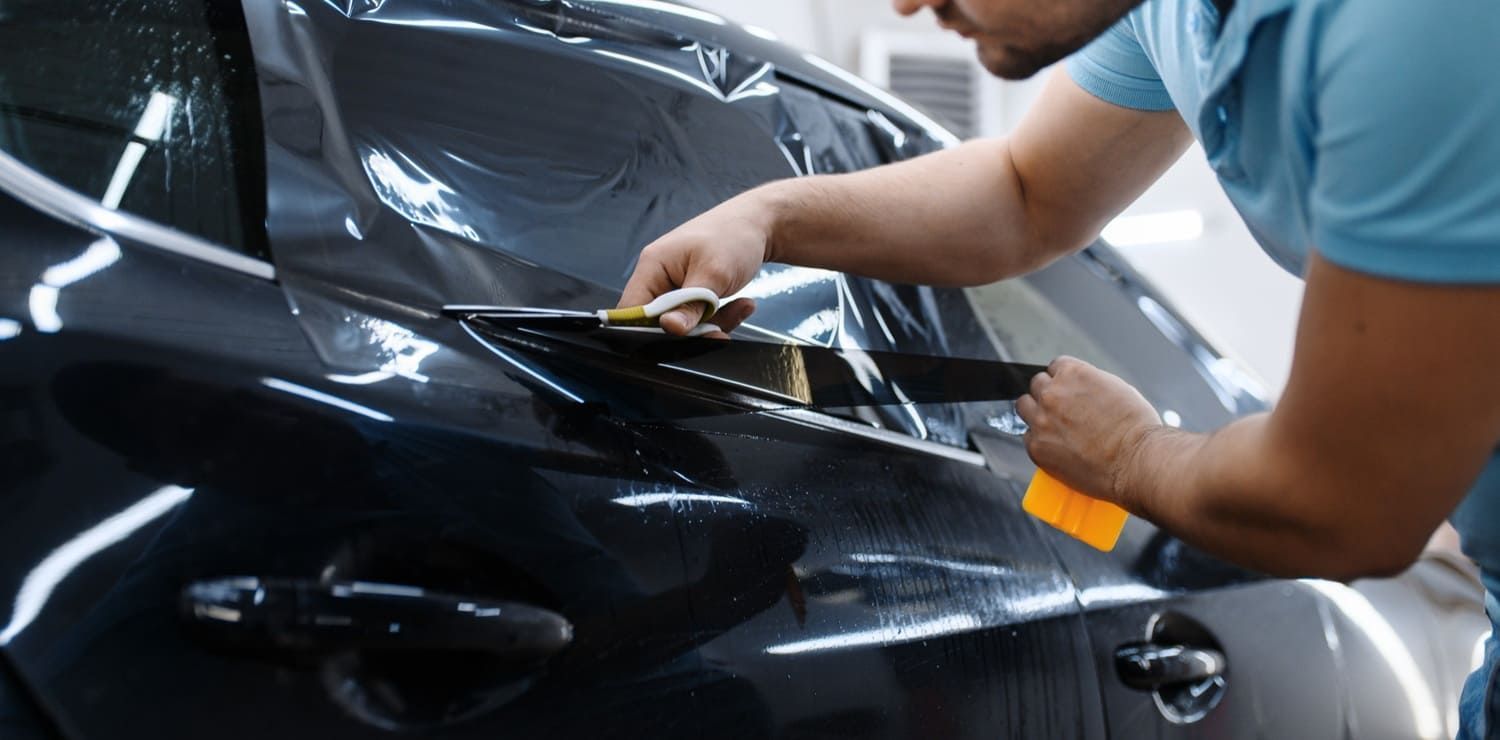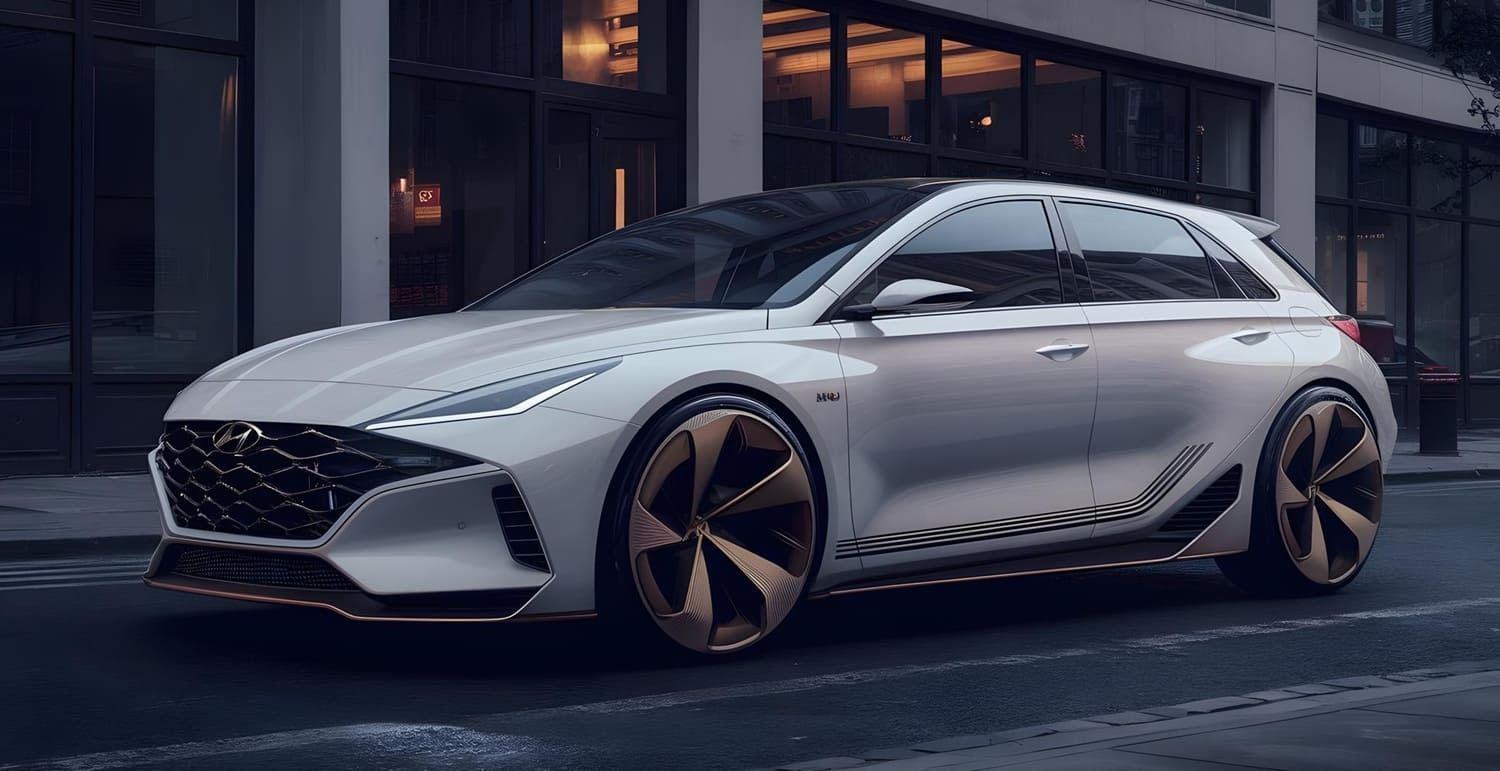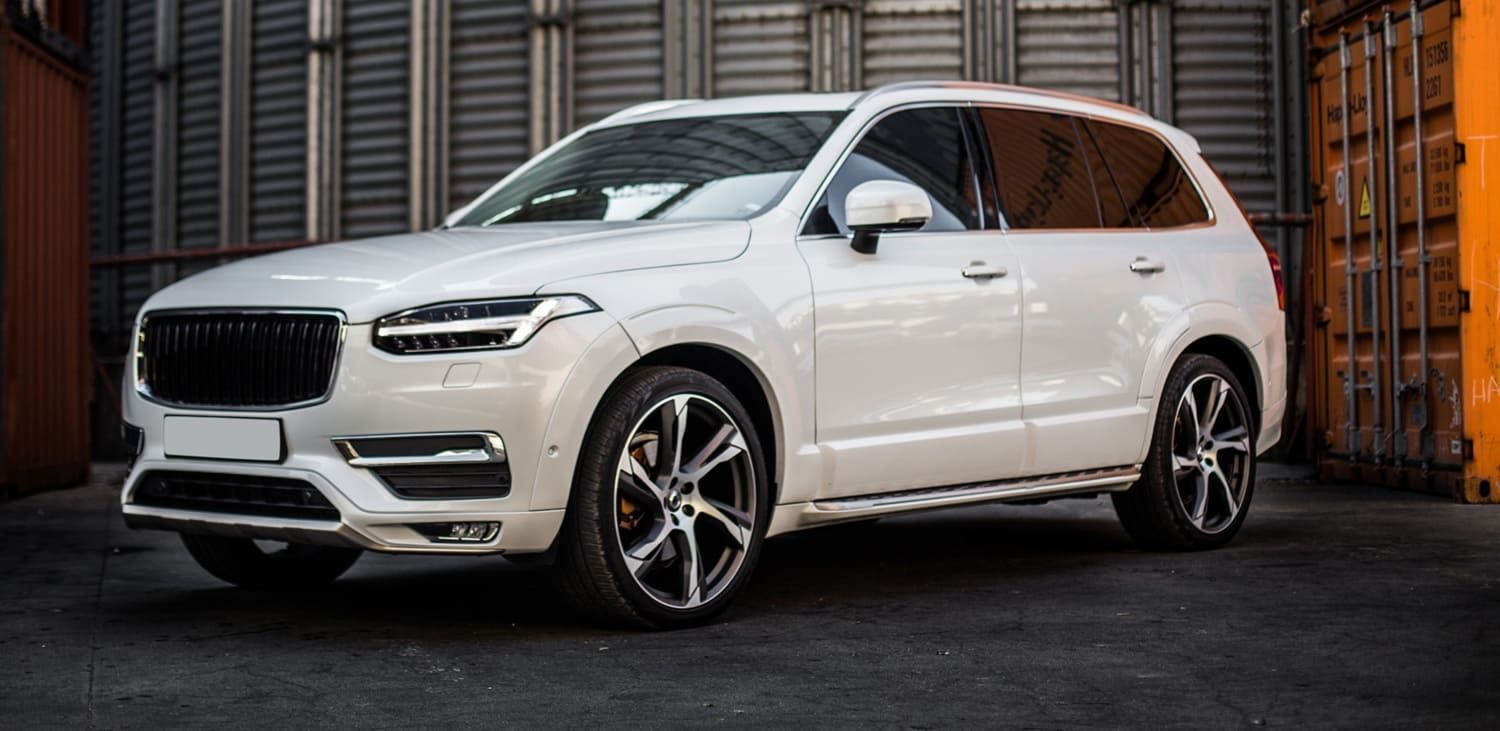Car Window Tinting 101: Everything You Need to Know Before You Tint

What Is Car Window Tinting?
Car window tinting involves applying a thin film to the interior side of a car's windows. This film is available in various materials and shades, providing both aesthetic appeal and practical benefits. The main purpose of window tinting is to reduce the amount of ultraviolet (UV) light, infrared light, and visible light that enters the car. By controlling the light that penetrates your vehicle, you can enjoy a cooler, more comfortable ride while also protecting the interior from harmful sun exposure. Additionally, window tinting can contribute to the overall structural integrity of your windows, providing an extra layer of protection against shattering.
Benefits of Window Tinting
There are several advantages to tinting your car windows:
- UV Protection: Quality window tints can block up to 99% of the sun's harmful ultraviolet rays. This protection helps prevent skin damage and reduces fading of your car's interior. By filtering out these rays, window tinting can also help maintain the longevity of your car's upholstery and dashboard, preserving their color and condition over time.
- Heat Reduction: Tinted windows can significantly reduce the amount of heat that enters your vehicle, making it more comfortable on hot days and decreasing the need for air conditioning. This not only enhances your driving experience but also contributes to better fuel efficiency, as you rely less on your vehicle’s cooling system. In turn, this can lead to cost savings and a smaller environmental footprint.
- Glare Reduction: Tinting reduces glare from the sun and headlights, enhancing driving safety. By minimizing glare, window tints improve visibility during both day and night driving, helping to reduce eye strain and fatigue. This makes for a safer driving experience, especially in bright or low-light conditions.
- Privacy and Security: Darker tints can offer increased privacy by making it more difficult for outsiders to see inside your vehicle. This added level of discretion is not just about privacy; it also acts as a deterrent to potential thieves by concealing valuables from view. As such, window tinting can contribute to an overall sense of security for you and your passengers.
- Aesthetic Appeal: Tinted windows can add a stylish and sophisticated look to any car, enhancing its overall appearance. With various shades and finishes available, you can customize the tint to match your vehicle's color and style, providing a seamless and polished look that reflects your personal taste.
Types of Window Tinting Films
Not all window tints are created equal. Here's a breakdown of the different types of tinting films available:
Dyed Film
Dyed window film is the most economical option. It uses a dye layer to absorb solar heat. While it offers excellent glare reduction and can block UV rays, it is less effective at heat reduction compared to other types. Over time, dyed films may fade and turn purple. Despite its limitations, dyed film is a popular choice for those seeking basic privacy and aesthetic enhancement at a lower cost.Metalized Film
Metalized film contains tiny metallic particles that reflect heat and UV rays. It is more durable than dyed film and offers superior heat reduction. However, the metallic components can interfere with electronic devices, such as GPS and cell phone signals. This can be a significant drawback for those who rely heavily on digital connectivity while driving, so it's important to weigh the pros and cons before selecting this type of film.Carbon Film
Carbon window tinting film has a matte finish that won't fade over time. It blocks UV rays and effectively reduces heat without interfering with electronic devices. It's more expensive than dyed and metalized films but offers better performance and longevity. Carbon film is ideal for those looking for a balance between quality and cost, providing a durable solution that maintains its appearance over time.Ceramic Film
Ceramic film is the latest innovation in window tinting. It contains ceramic particles that are nonconductive and nonmetallic. This film provides excellent UV protection, heat reduction, and glare control without any interference with electronics. Ceramic films are typically the most expensive option but offer the highest quality performance. For car owners seeking top-tier functionality and durability, ceramic film is often considered the best investment.Hybrid Film
Hybrid films combine dyed and metalized films to offer the benefits of both. They provide good heat and UV protection, reduced glare, and are less reflective than pure metalized films. Hybrid films are a middle-ground option in terms of cost and performance. This type of film is a versatile choice for those who want an effective solution without the higher price tag associated with ceramic films.Legal Considerations
Before tinting your car windows, it's crucial to understand the legal regulations in your area. Window tinting laws vary by state and country, dictating how dark or reflective your tint can be. Failing to comply with these regulations can lead to fines and the inconvenience of having to remove or replace the tint.
Understanding VLT (Visible Light Transmission)
VLT refers to the amount of visible light that passes through the window. A lower VLT percentage means a darker tint. For example, a 5% VLT means only 5% of light passes through. It's important to check the legal VLT limits for your vehicle's windows in your region. Knowing the permissible VLT can help you choose a tint that not only meets your aesthetic and functional needs but also adheres to legal standards.Tinting Restrictions
Most jurisdictions have specific restrictions regarding:
- Windshield Tinting: Typically, only the top portion of the windshield is allowed to be tinted. This is often referred to as the "visor strip," and it helps reduce glare without compromising visibility.
- Front Side Windows: These often have stricter VLT requirements compared to rear windows. This ensures that drivers have a clear line of sight, which is crucial for safety.
- Reflective Tints: Some areas restrict the use of reflective or mirrored tints. These tints can cause excessive glare to other drivers, posing safety risks on the road.
Non-compliance with
local laws can result in fines and may require you to remove the tint. Therefore, it's essential to research and understand the specific regulations in your area before proceeding with window tinting.

DIY vs. Professional Installation
You might be tempted to save money by installing window tint yourself, but professional installation offers several benefits:
DIY Installation
- Pros: Cost savings, personal satisfaction from completing the project yourself. DIY installation allows for complete control over the process and can be a rewarding experience for those who enjoy hands-on projects.
- Cons: Challenging to apply without bubbles or creases, limited warranty, potential for legal non-compliance. Achieving a flawless finish can be difficult without experience, and mistakes can lead to additional costs and frustrations.
Professional Installation
- Pros: Expert application, warranty protection, assurance of legal compliance, high-quality materials , and tools. Professional installers have the skills and experience to apply the tint evenly and accurately, ensuring a smooth and durable finish.
- Cons: Higher upfront cost. However, the investment can be worthwhile considering the long-term benefits and potential savings on repairs or fines associated with improperly installed tint.
A professional installer can ensure that your tint is applied correctly and adheres to local regulations, potentially saving you time and money in the long run. Their expertise can also provide peace of mind, knowing that your vehicle's tint is of high quality and legally compliant.
Maintenance and Care
To maintain the appearance and effectiveness of your window tint, follow these care tips:
- Wait Before Cleaning: After installation, wait a few days before cleaning to allow the tint to fully cure. This ensures that the adhesive sets properly, reducing the risk of bubbles or peeling.
- Use Gentle Cleaners: Avoid ammonia-based cleaners, which can damage the tint. Instead, use a mild soap and water solution. Ammonia can degrade the film over time, leading to discoloration and reduced performance.
- Soft Cloths: Use soft, non-abrasive cloths to clean tinted windows to prevent scratches. Abrasive materials can cause micro-scratches that compromise both the appearance and functionality of the tint.
- Regular Inspections: Periodically check for signs of peeling, bubbling, or discoloration, and address any issues promptly. Early detection and repair can prevent further damage and extend the lifespan of your window tint.
Conclusion
Car window tinting is an investment that can enhance your vehicle's appearance, comfort, and safety. By understanding the different types of tinting films, legal considerations, and the benefits of professional installation, you can make an informed decision that best suits your needs.
At
Tints & Beyond, we specialize in providing premium window tinting services in
Cape Coral, FL, offering a range of tints that provide UV protection, heat reduction, and added privacy. Whether you're after UV protection, heat reduction, or simply a touch of style, window tinting offers a range of benefits that make it a worthwhile consideration for any car owner.
Tinting not only adds a touch of style but also offers practical benefits such as UV protection and heat reduction. Remember to
maintain your tint properly to ensure it continues to perform well and look great for years to come. With the
right choice and proper care, your tinted windows can provide lasting value and enjoyment.
Contact Tints & Beyond today for a
free estimate, and let us help you choose the perfect tint for your vehicle!













